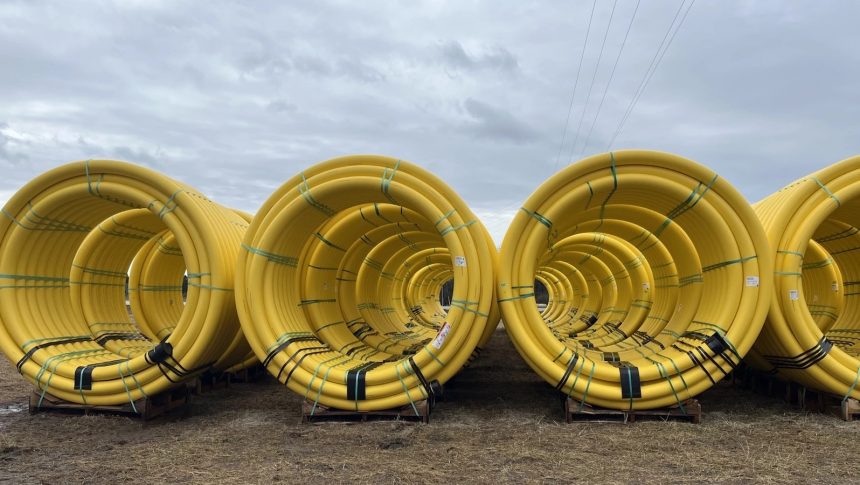This coverage is brought to you by a partnership between Grist and Interlochen Public Radio in Northern Michigan. Like many buildings in rural northern Michigan, the Tsuber Auto garage in the Village of Mesick is heated using propane, which is delivered by truck once or twice a month to the tank outside.
Recently, owner Vyacheslav Tsuber was in the lobby of the garage with his son, discussing the expenses of heating the shop. The cost can range from $3,000 to $5,000 annually, but a change is on the horizon. DTE Gas Company, a subsidiary of Michigan’s largest utility, is expanding its natural gas network to the area, offering over 1,000 homes and businesses the opportunity to switch to natural gas, which is considered more environmentally friendly and cost-effective compared to propane.
Although many view the choice as a decision between propane and natural gas, some climate advocates argue for electrification as a third option to reduce reliance on fossil fuels. However, the transition to cleaner heating options like electric heat pumps can be challenging and costly. Financial considerations, logistical hurdles, and the current state of the power grid all play a role in making the switch to cleaner energy sources a complex process.
Despite the push for natural gas by utilities like DTE, there’s a growing shift in the energy landscape towards renewable energy sources. Initiatives at the local level, such as encouraging renewable energy adoption and banning natural gas use, are becoming more common. While natural gas may offer economic benefits and cost savings in the short term, the long-term impact on climate change and carbon emissions remains a concern.
As the conversation around transitioning to cleaner energy sources continues, it’s clear that there’s no one-size-fits-all solution. Each community must weigh the economic, environmental, and social factors when making decisions about their energy sources. Ultimately, the goal is to create a sustainable future for all, balancing the need for affordability, reliability, and environmental responsibility.






